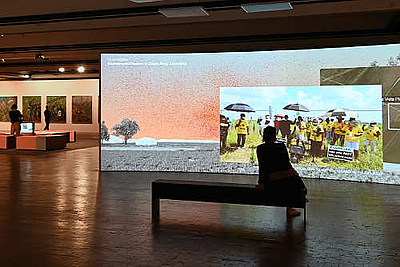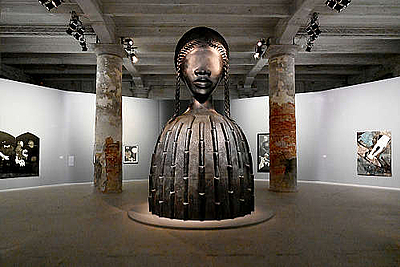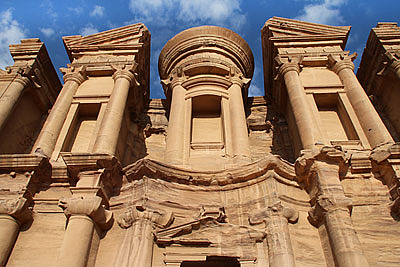Osías Yanov is a multidisciplinary artist and educator. His projects include performances, events, installations, drawings, sculptures, and videos. As an artist of performative actions, he draws on cultural objects and memories that affect our bodily ways of being in the world—and with each other. The archaic and instinctual knowledge carried within us is a focus of his work, tracing the way this embodied archive is used and expanded through our daily interactions.
A key element of his contribution is the everyday utensil of the spoon. Exploring different processes of group play by incorporating this object of sensual significance for the mouth, the body, and the tongue, he celebrates the spoon as symbolizing the permeability of the body. The artist engages with the object as a tool of “re-sensitization,” an implement used for feeding, for putting things into each others’ mouths, and as a way of describing bodies nesting against each other.
Through an immersive installation caressed by soft colored light, sculptural objects are constructed using the spoon: table-like sculptures and a clock as well as columns extending from floor to ceiling. The low tables are covered with a thick layer of salt—a traditional healing substance known for its capacity to regulate emotional temper, clean bad energies, and heal wounds—a landscape that visitors are invited to draw on with their fingers and that is used by the artist for body choreographies. The spoons will be used as clothing or accessories in excursions that Yanov will carry out in the surroundings of Wedding and other spaces throughout the city.
As part of his artistic project, he frequented a nudist colony in Córdoba, Argentina. In his queer/cuir practice of ser con el otre (being with others), Yanov uses play and the language of bodies in motion to disarticulate stereotypes and other fixed territories.












